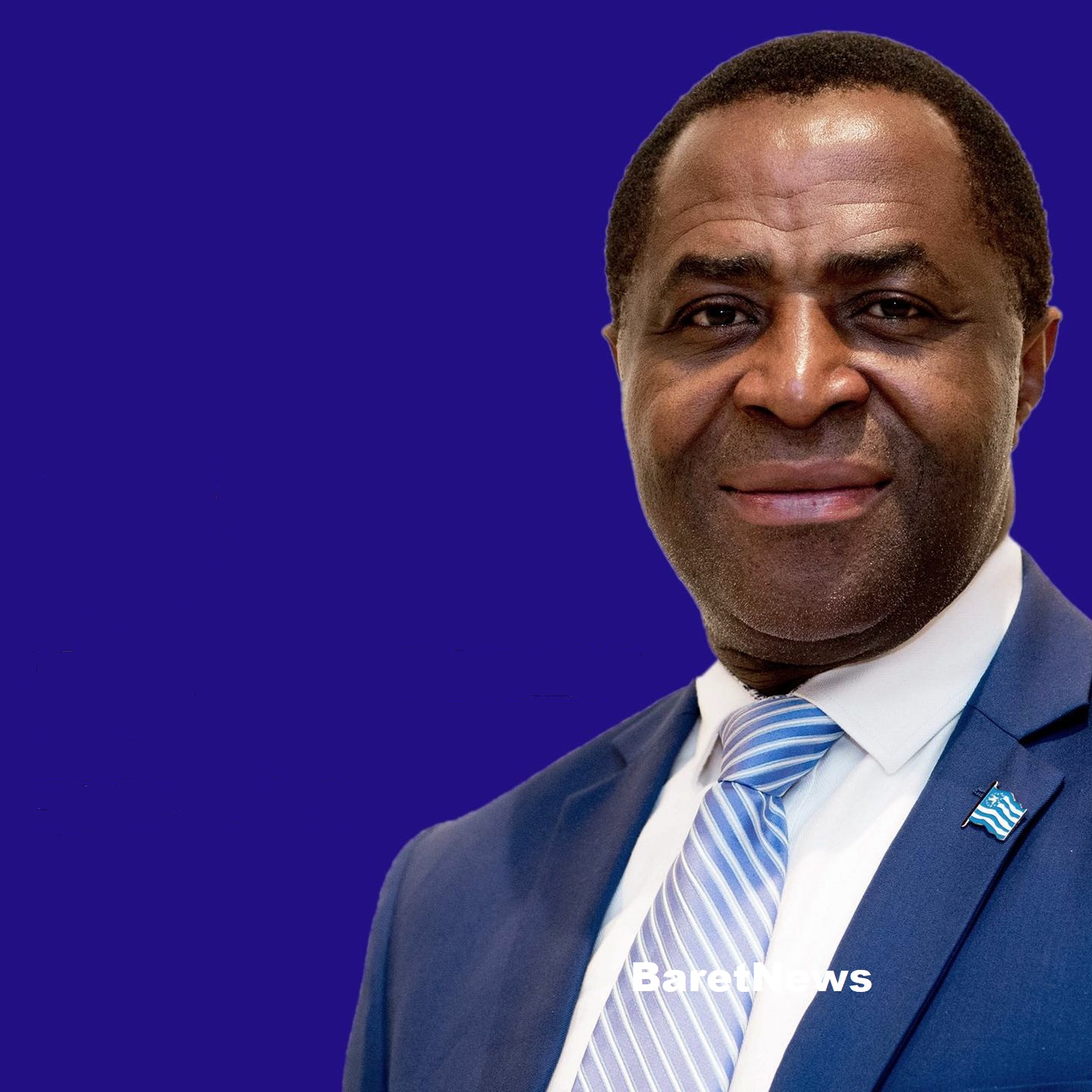Opinion What Biya’s Declining Health/Potential Death Means for the Ambazonia-Cameroun Conflict
By Mbah Godlove
The potential political transition in Cameroun, sparked by President Paul Biya’s deteriorating health, could have significant implications for the ongoing conflict between Ambazonia and Cameroun government. For years, Biya’s administration has taken a hardline stance, with military repression dominating the state’s response to separatist aspirations. As Biya’s grip weakens or even death, both Ambazonia and Cameroun may seek new strategies for peace or power. Ambazonia must start its preparation now.
A leadership change could offer a rare opportunity to rethink the conflict. Many observers feel that Cameroon’s current leadership has failed to recognize and address the root causes of the ‘Anglophone’ grievances, which include long-standing political and cultural marginalization. A new government might consider different approaches, such as engaging in direct talks with Ambazonian leaders.
However, the future is far from clear. If the transition is mismanaged or delayed, the vacuum of power could embolden factions on both sides. Separatist groups may see it as an opportunity to intensify their efforts for independence. Meanwhile, elements within the military or political elite may exploit the situation to tighten their grip, leading to more violence.
Cameroon’s handling of the post-Biya era will determine whether the Ambazonia crisis can shift from a military confrontation to a political dialogue. International partners, particularly France, which has close ties with Cameroon, will likely play a significant role in the process. However, their involvement must prioritize dialogue and negotiations, rather than simply maintaining the status quo.
For the people of the Anglophone regions, a peaceful resolution is critical. As the Biya regime nears its end, there is cautious optimism but also fear that mishandling this delicate period could deepen the divisions that have plagued the country for years.





